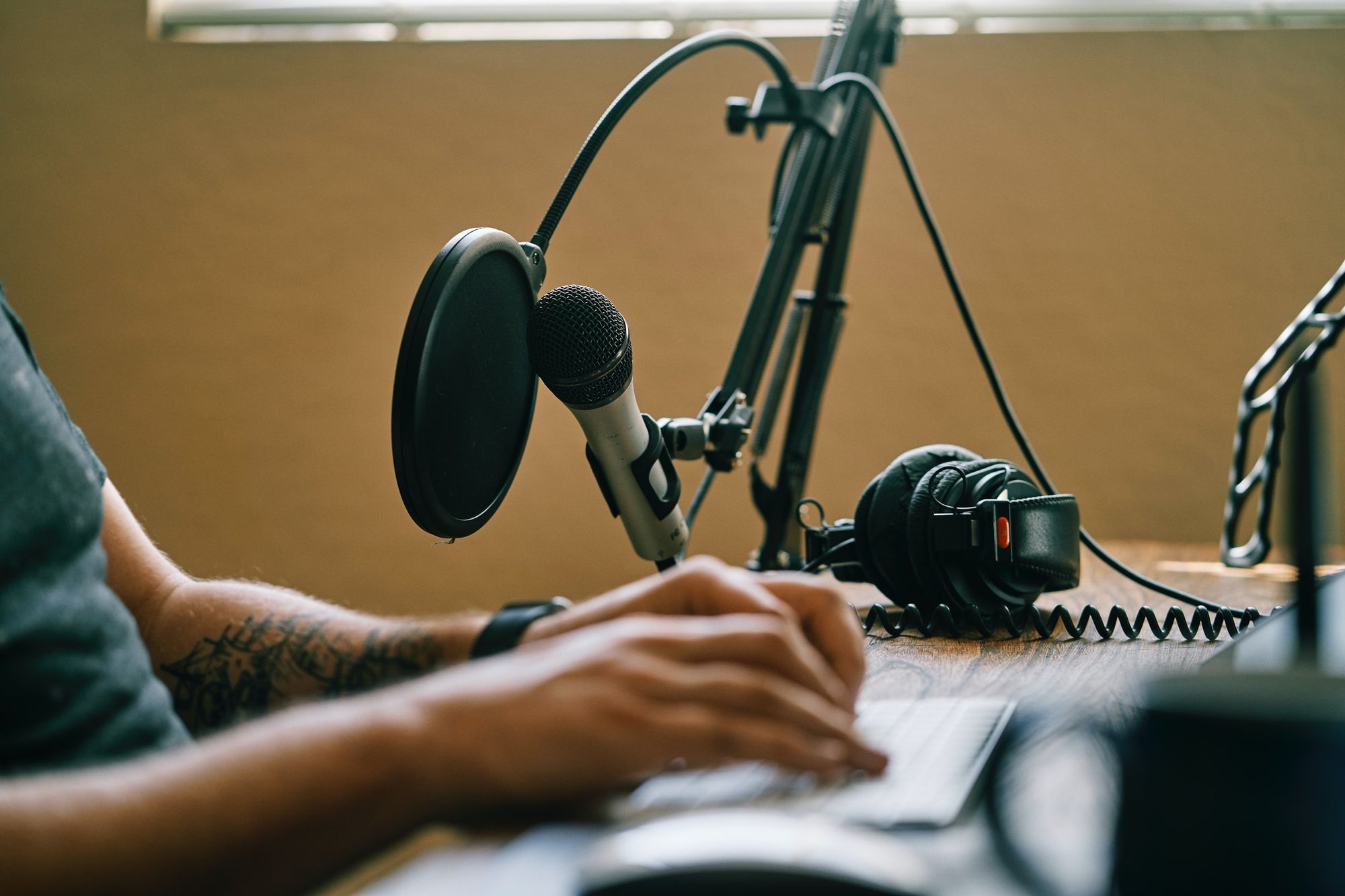How to get your first podcast sponsor

Having relevant sponsors on your podcast can be a great way to earn some money on your passion and perhaps enable you to make a good business out of it. During the past years I've learned a thing or two about contacting and closing sponsors and I'll share some tips with you in this article.
Sponsors vs ads
I'm sure there are many answers to this questions but for me it's all about the transaction. Ads are purely transactional whereas sponsorship entails that you're supporting something and get some attention/visibility in return.
Sponsors vs Patreon vs other monetization
Sponsorship is not right for everyone. Maybe you can monetize your podcast through something like Patreon instead. Just remember that there are some differences between working with consumers and businesses as your customer (businesses often have and are willing to spend more money).
Finding relevant companies
Finding relevant companies is all about defining your audience and figuring out what type of companies would be a great fit.
For instance, if your podcast is about software development there is a big potential in contacting companies making software for developers as well as companies hiring developers. Be creative and you'll be able to create a list of good prospects in no time.
Who at the company should you email?
In general I advice you to email high up the organization chart. Got the email address to the CEO or CMO? Great! They'll be able to refer you to the person in charge if it's not them.
If you can't find an email address to anyone in the company you could also try the general info or support email and ask who is responsible for sponsorships.
First outreach email
Made a list of companies to reach out to? Then it's time to craft your first emails and since you've already defined your audience, this will be easy.
Keep the subject short and state what the company will get out of the deal. For example: "Reach architects".
This is an example of a first outreach email to sponsors for a podcast about architecture:
Subject: Reach Architects
Hi Company!
My name is Foo from Bar. I host a podcast about the latest trends in architecture.
Since you're making a project management app for architects I figured you would be very interested in reaching this audience.
Are you interested in an exclusive sponsorship?
Best,
FooKeep it short, personal and mention your audience. If they're interested they will probably get back to you for more information and you can continue the discussion from there.
Always follow up
Most of the time you'll probably not get a reply on the first email and that's why you have to follow up. You might have heard this before but I can't stress this enough. It has happened so many times that I've closed a deal on the 7th or 8th email 3 months or so after I sent the first one.
Keep track of everything in a spreadsheet, one column for the email, one for the next follow-up. I usually do something like this:
- First outreach email
- After 4 days: First follow up
- Another 8 days: Second follow up
- Another 14 days: Third follow up
- ... At least make it here. Bonus points for continuing...
One you start doing this at scale you might want to consider a CRM system to not get completely overwhelmed. This is also the reason I started Wobaka, to make automating follow ups and keeping track of contacts super smooth.
Remove the friction
Once you do get a reply from someone you should make it super easy for them. Sponsoring you is probably a very small piece of their marketing budget so it's essential that the process is smooth, otherwise they could just increase their Twitter or Facebook ad budget instead.
Have a link to your podcast ready and a payment link that they can use for payment, propose a date and state what you need from them. Keep it simple. You can use a tool like Stripe or Paypal for the payments.
This is an example for our architecture podcast:
Subject: Re: Reaching Architects
Thanks for getting back to me!
You can check out the podcast on this page: LINK
The sponsorship is AMOUNT and I'd be happy have you on as early as next week. If you're interested I need the following for the ad:
- Title of your advertisement
- Short description (for the listing)
- Script of the ad (if any), I'd be happy to prepare something otherwise.
You can use this link for payment: LINK.
To reserve your spot I need the payment, we can dicuss the other details before recording it.
Best,
FooHow much should you charge?
I advice not getting into quantitative pricing like CPM, CPA, CPC and the likes. Why? Because sponsoring a podcast is different from chunking money down the ads drain. They are supporting something and want to show it to your listeners.
Instead, shoot from the hip. To high? Lower it next time. Learn as you go and keep experimenting.
Good luck!
I hope this article will help you find sponsors to your podcast so you can keep creating 🎙️.